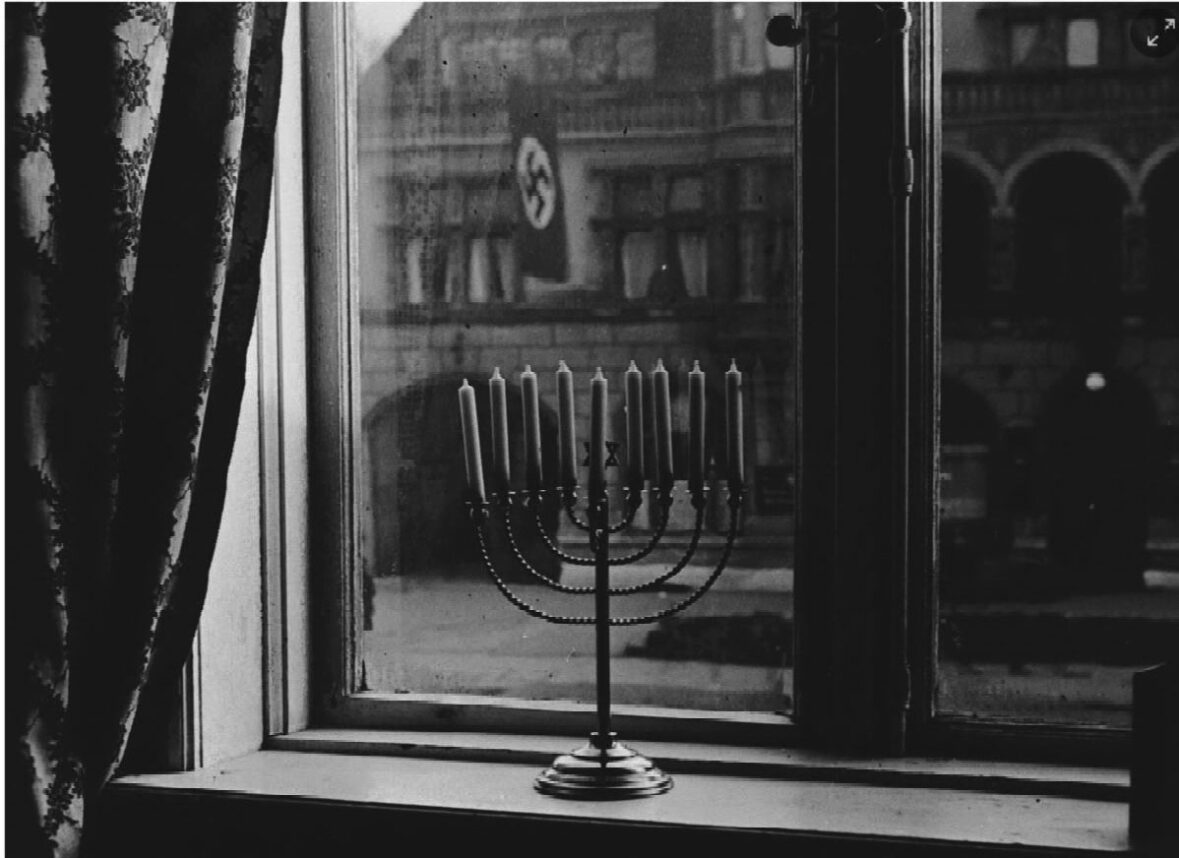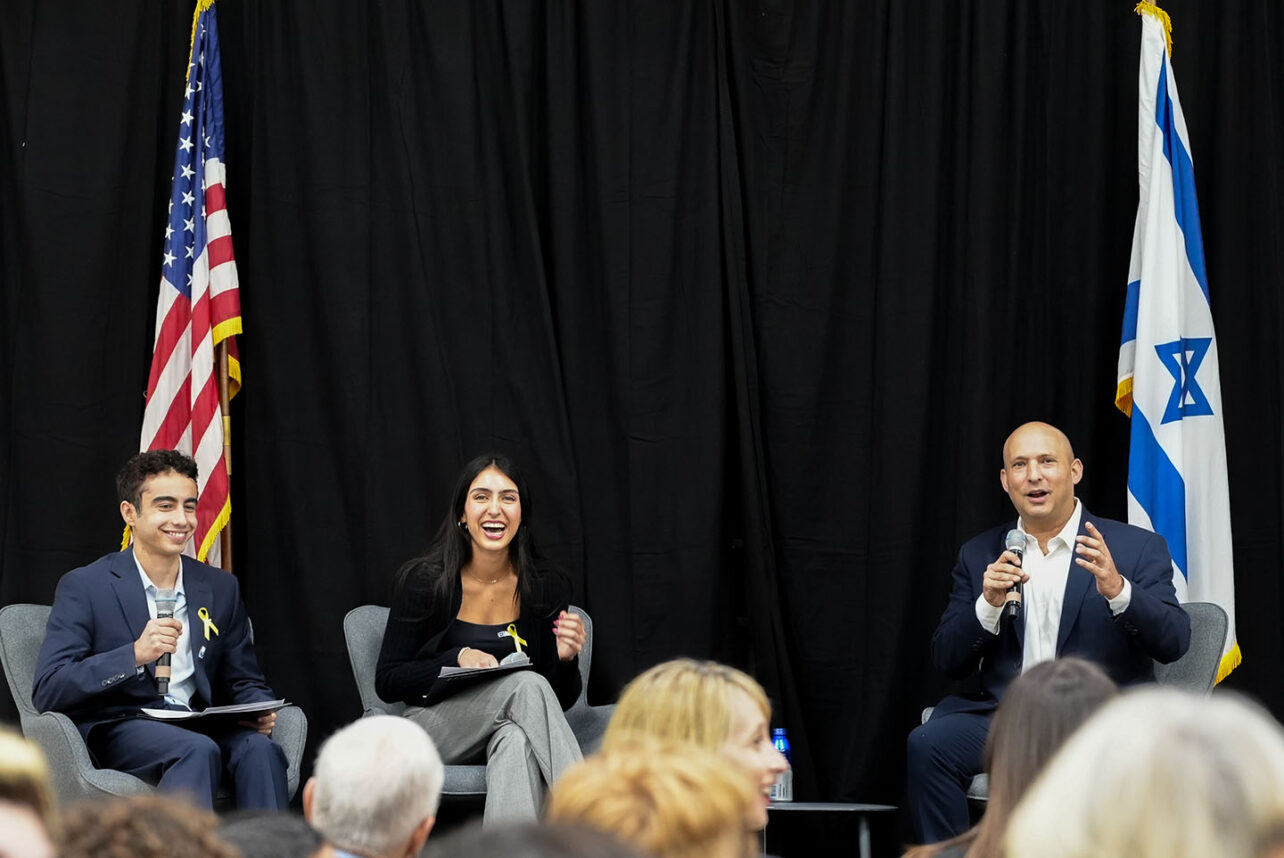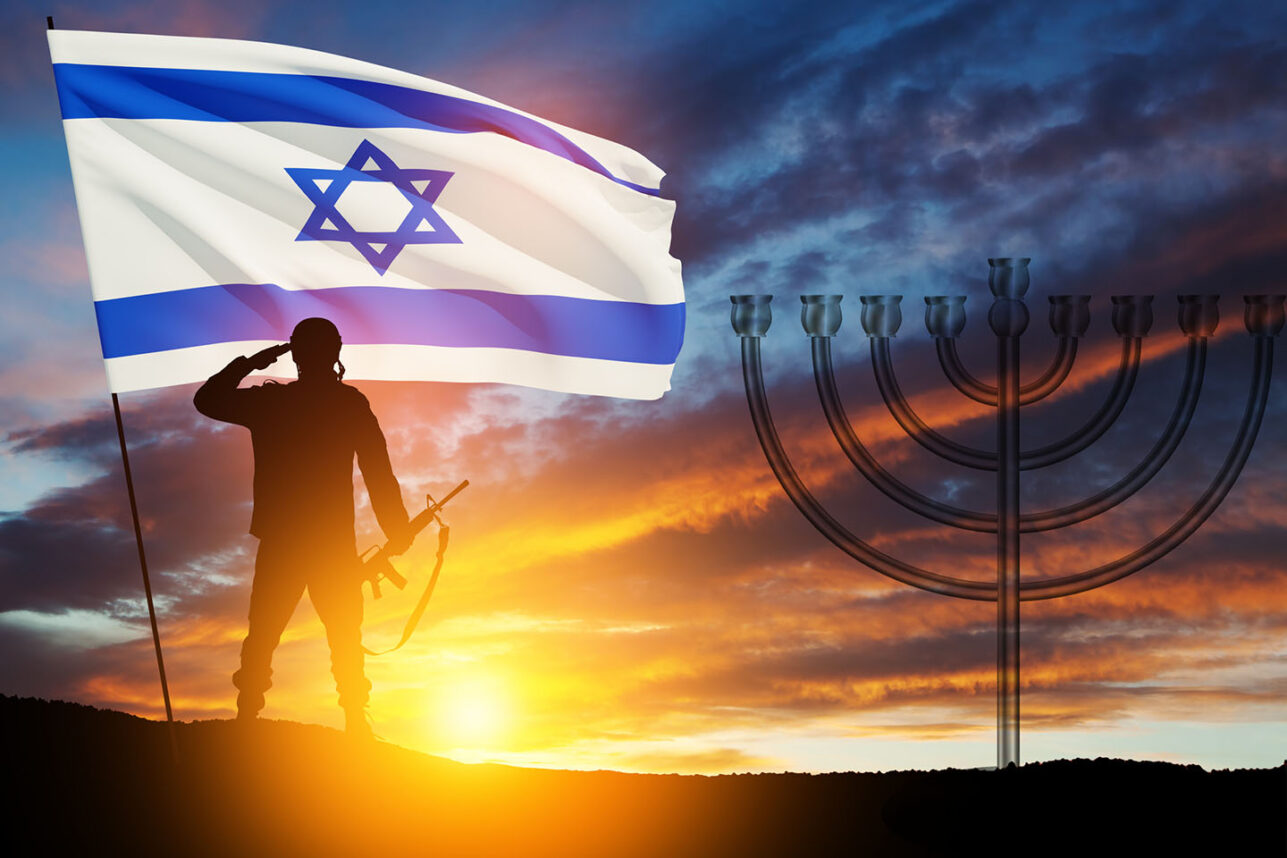The Palestinian Authority prime minister plans to use a rare meeting set for Tuesday with Israeli leader Benjamin Netanyahu to deliver a letter detailing Palestinian grievances on stalled peace talks.
Although there was no official announcement of the encounter between Netanyahu and Salam Fayyad, Palestinian officials confirmed that the two would see each other during the day.
An Israeli official said Netanyahu will reiterate his call for talks to resume without any preconditions and for a meeting with the top Palestinian Authority leader, President Mahmoud Abbas.
But the letter Fayyad is due to deliver from Abbas could serve as a prelude to a renewed unilateral Palestinian move for statehood recognition in the United Nations, an effort suspended last fall amid stiff opposition from Washington and Israel.
“It’s a last ditch effort indicating that we’re doing everything possible in order to realize a two-state solution,” Palestinian legislator Hanan Ashrawi said about the missive.
“We hope that there’s a positive response, but we’re sending a message that, without one, we have a strategy for what follows,” she said.
Palestinians said the letter would accuse Israel of failing to carry out its obligations under a 2003 “road map” agreed by both sides, which include a halt to settlement activity.
Foreign governments have viewed the letter with apprehension, welcoming a rare high-level Israeli-Palestinian meeting, but warning against any threatening language.
In a phone call last month, U.S. President Barack Obama cautioned Abbas against provocative actions. Abbas has insisted his letter, which has taken weeks to prepare, would simply remind Israel of its commitments under interim peace deals.
“All options are all on the table for Palestinians, with the exception of dissolving the national authority or withdrawing recognition of Israel. We are not seeking the isolation of Israel, but rather to isolate its settlement policy,” Abbas told the official WAFA news agency last week.
Netanyahu says the future of settlements should be decided in peace negotiations.
U.S.-sponsored peace talks froze in late 2010 after Netanyahu rejected Palestinian demands that he extend a partial construction freeze he had imposed at Washington’s behest to coax them into talks.
Palestinian officials said the letter Fayyad will hand over is a watered-down version of previous drafts which suggested the Palestinian Authority, run by Abbas, would dissolve itself or sever ties with Israel if there was no progress.
A growing number of voices in the Palestinian establishment, including Marwan Bargouthi, a popular leader serving five life terms in Israel after being convicted of murder charges during a Palestinian uprising, have argued for economic and political divorce from Israel.
“Our security people are maintaining law and order in the Palestinian territories, and consequently Israel is benefiting from the effort,” said Mohammad Shtayyeh, a member of the central committee of Fatah, the ruling party in the West Bank.
“We are paying in security terms and are not being paid in political terms,” he told Reuters.
In spite of internal disagreements and a geopolitical climate that has seen the world preoccupied with other issues, the Palestinians hope the document will articulate their position ahead of any renewed push for U.N. statehood.
“We know that 2012 is a year of political vacuum. The U.S. is busy with elections, the EU with the euro, the Arab world with the (Arab) spring,” Shtayyeh said.
Nonetheless, the Palestinians were considering taking their case to the U.N. General Assembly after failing to secure backing at the Security Council in 2011.
“Going to the General Assembly this year will be an important step. We have a majority there, and no one has a veto,” he said.
However, only the Security Council, where the United States has veto power, has the authority to grant full U.N. membership.
Additional reporting By Ali Sawafta Editing by Maria Golovnina





















 More news and opinions than at a Shabbat dinner, right in your inbox.
More news and opinions than at a Shabbat dinner, right in your inbox.